-
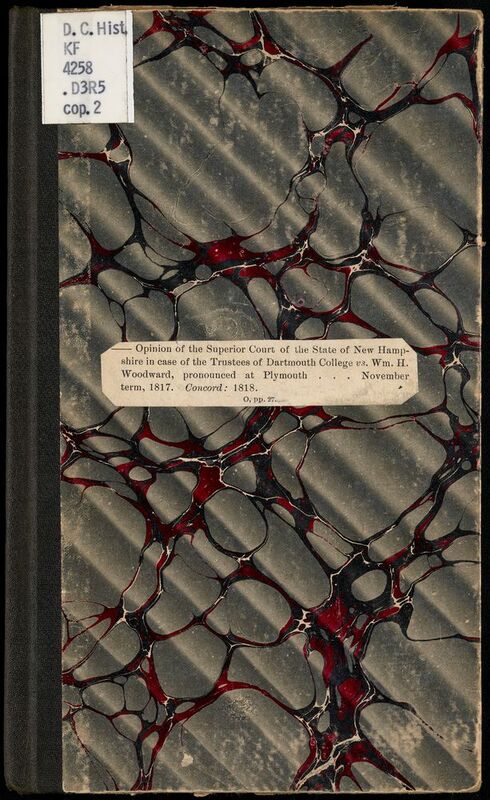
Judge William Richardson’s opinion in the New Hampshire Superior Court case in which he ruled for the State of New Hampshire. Richardson’s ruling was based on the opinion that the Colony had incorporated the College and that the College’s purpose was to serve the public good and thus it was a public institution, similar to towns or counties.
-
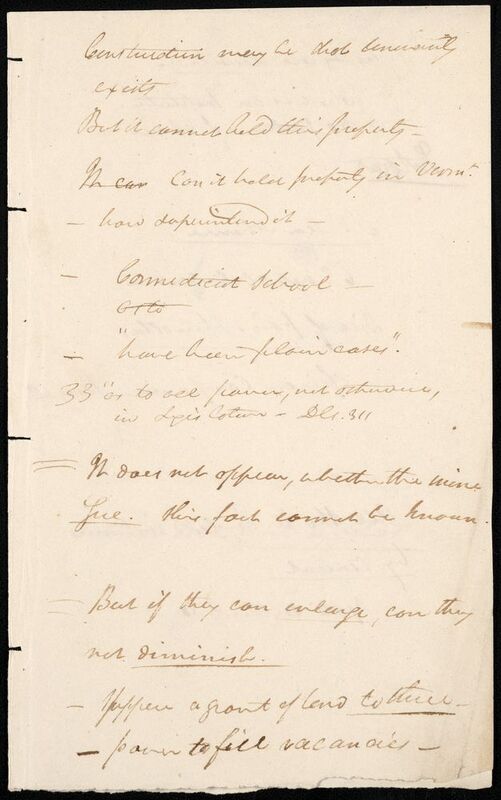
Although there is no record of Webster’s hour-long oration, judging from his notes it appears that he focused primarily on the scope of the legislative powers and how the Contracts Clause of the United States Constitution related to the case.
-
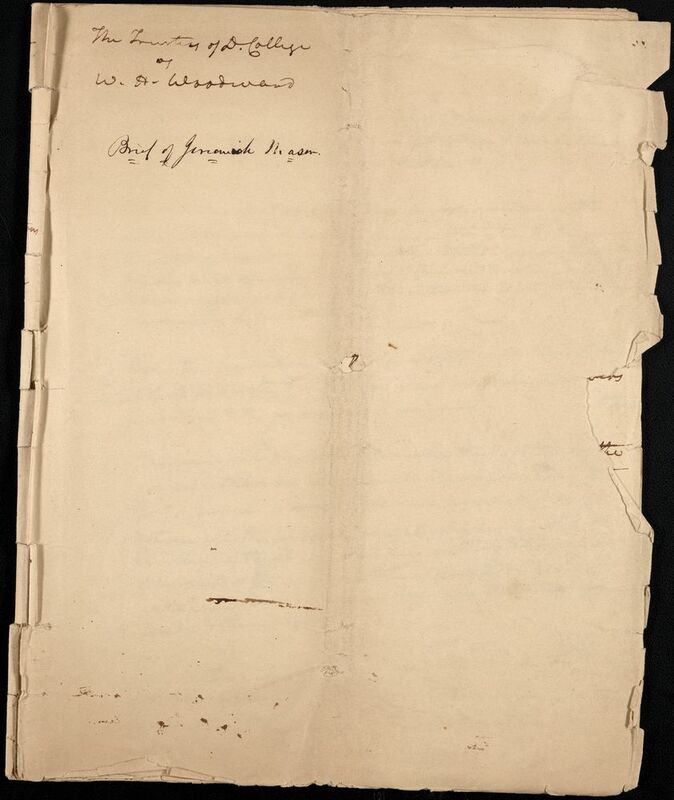
Brief and notes prepared by Jeremiah Mason for the New Hampshire court case.
-
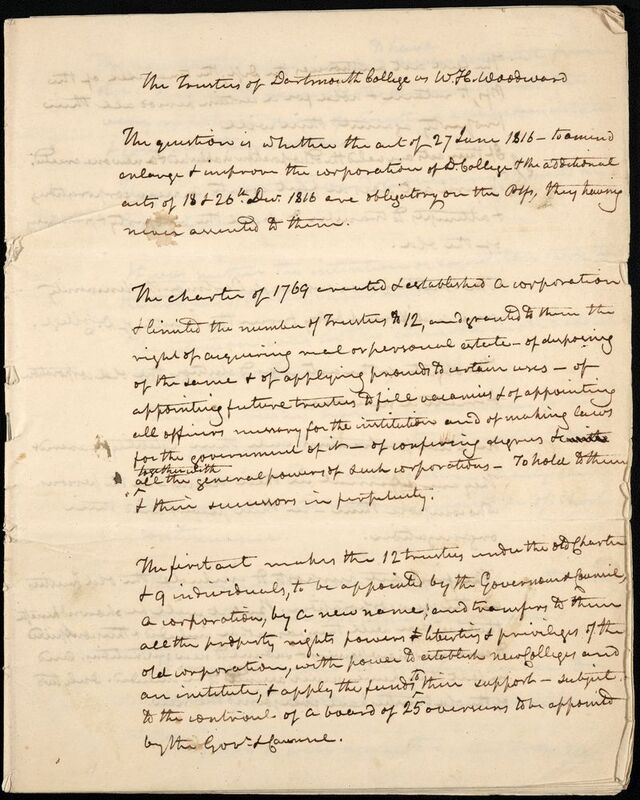
Writing to President Brown, Daniel Webster declines an invitation to give an oration as part of the New Hampshire case. Webster would later reconsider and although Jeremiah Mason and Jeremiah Smith were the primary representatives for the College, Webster ended up speaking before the Superior Court for about an hour.
-
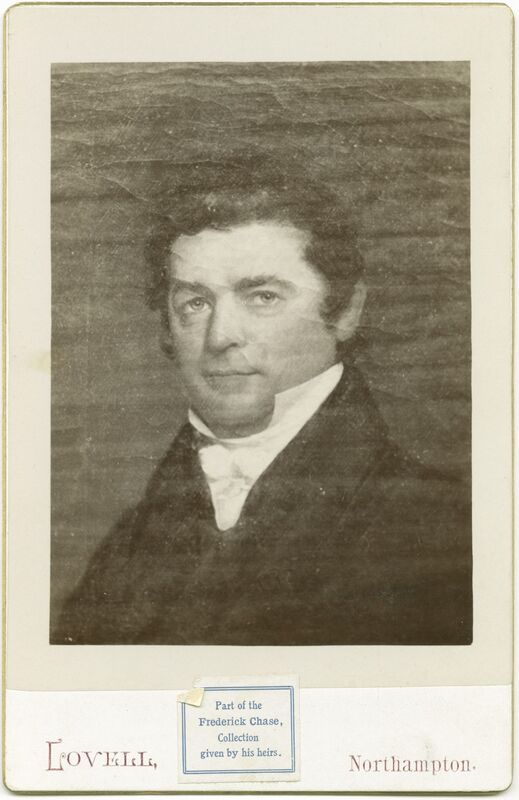
William Allen, John’s son-in-law and the son of Ethan Allen, took over as President of Dartmouth University after John Wheelock’s death.
-
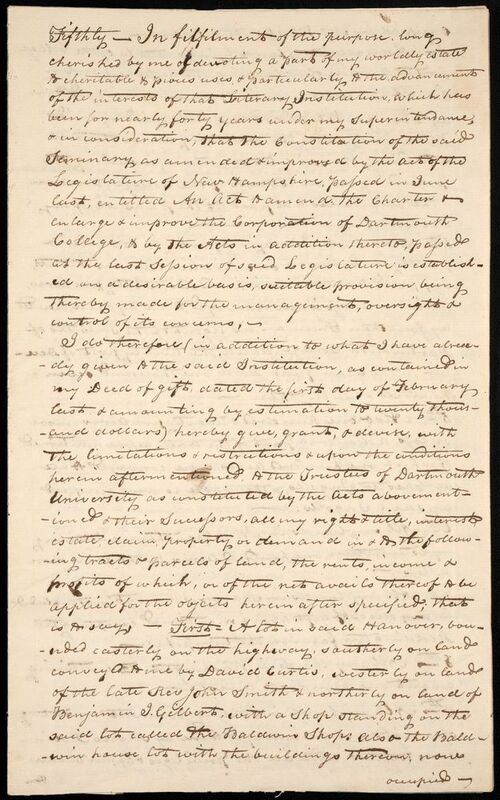
John Wheelock, having set the legal wheels in motion, died before the New Hampshire case could be decided. This extract of his will details the property he left to Dartmouth University.
-
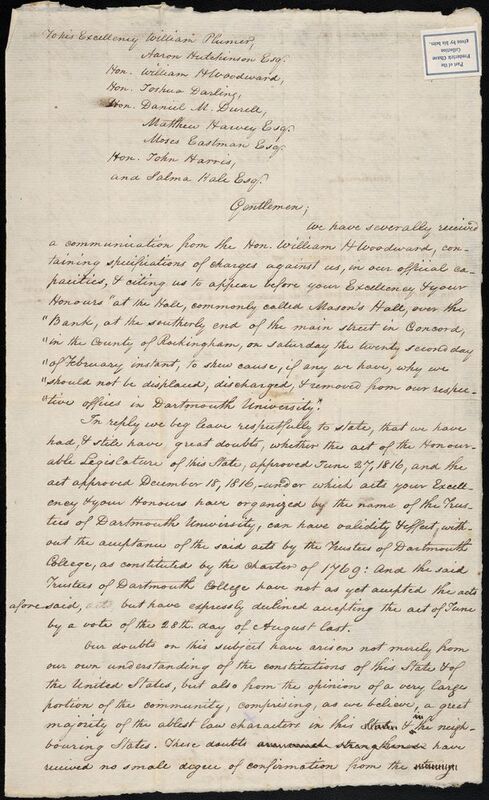
The College Trustees respond to the charges brought by the University Board Committee that they do not think the 1816 Act, in which the State took over the College, is legal, and they are waiting to hear the decision from the Superior Court. Their case against the Act was immediately transferred from the Court of Common Pleas to the Superior Court of New Hampshire because William Woodward was a judge on the lower court.
-
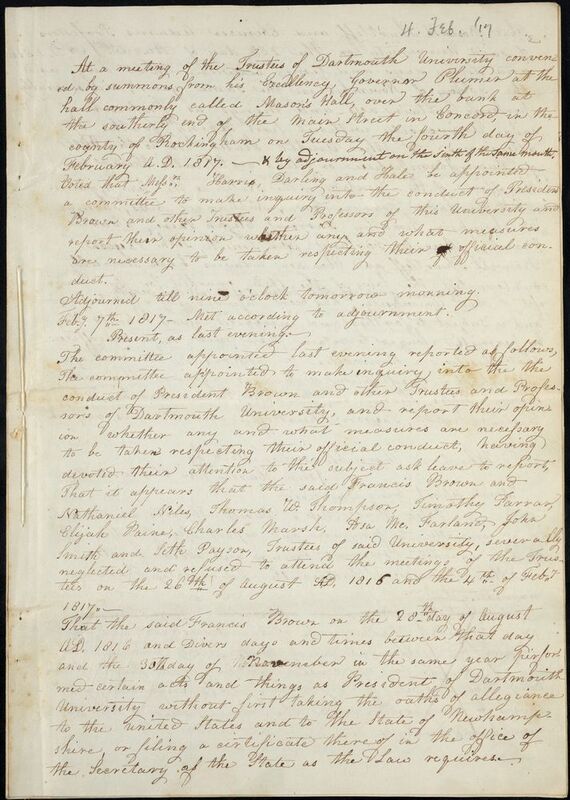
When the University was finally able to meet in February of 1817, they quickly moved to reinstate Woodward and removed the College Trustees from the Board. These notes contain the charges against College Trustees and document their removal from the Board by the State.
-
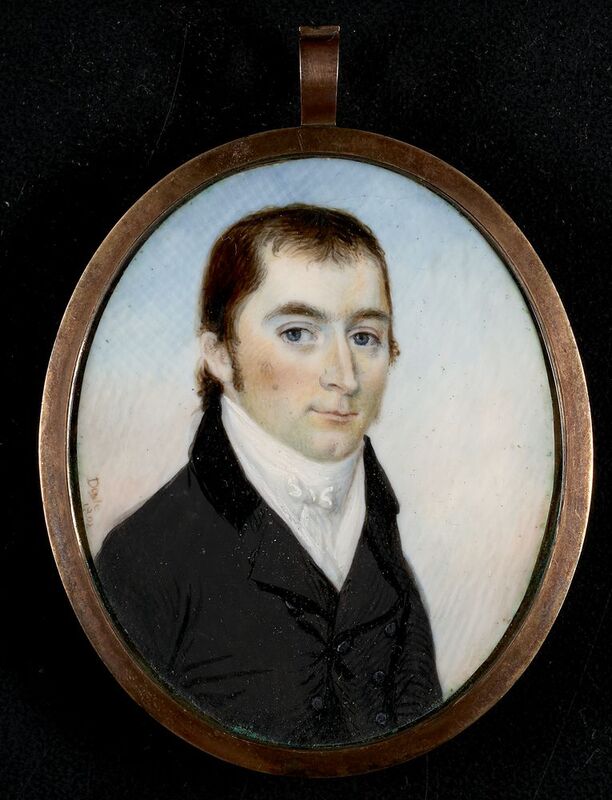
In August of 1816, the University Trustees attempted to hold their first meeting, but they were unable to produce a quorum. Through a technical detail this prevented the University Board from meeting and allowed the College Board to continue to conduct business. They quickly moved to dismiss William Woodard, Secretary of the Board and Treasurer of the College. They also demanded that Woodward return the Trustee meetings minutes, the original charter, the seal and the accounts of the College. Woodward’s refusal laid the ground for the lawsuit that was initiated on February 8, 1817.
-
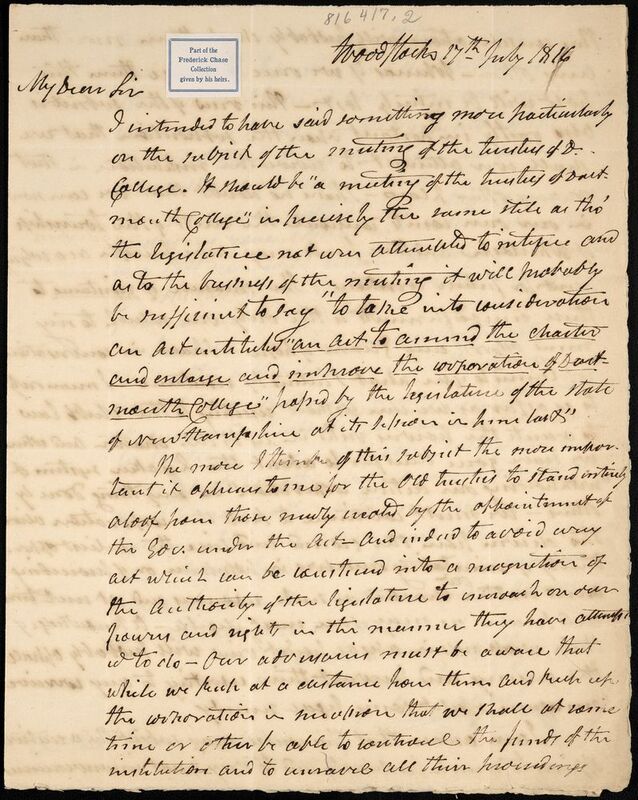
Charles Marsh, Class of 1786, Board member, Vermont lawyer and Congressman, writing to Francis Brown, President of the College, urging Brown and the Board to “resist” the act passed by Governor Plumer by taking legal action.










